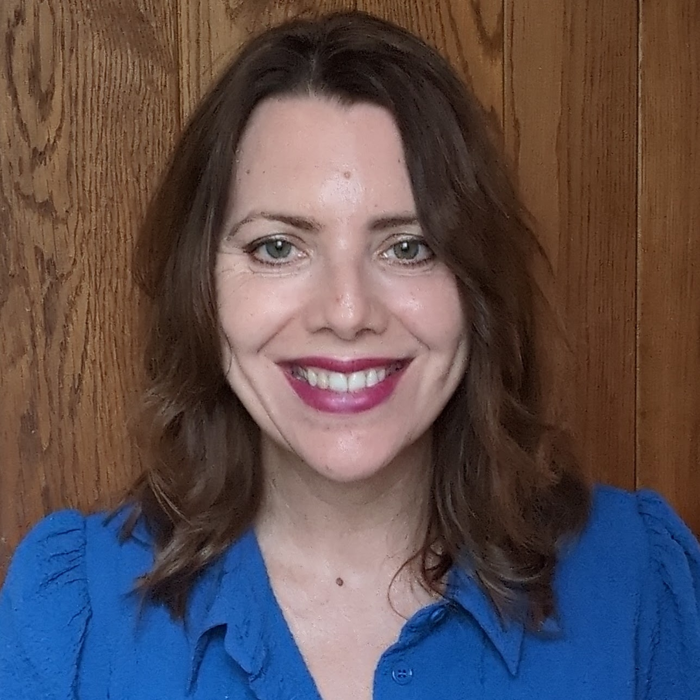Digging Deeper into Mechanisms: How Exercises and Stretching Impact the Voice
Thursday 21st March 2024, 5:00 PM - 7:00 PM (London Time)
Deeply embedded into voice care, interventions such as stretching and exercise have a simple premise: stretch what’s tight and strengthen what’s weak. Tight and weak muscles are often seen as culprits needing remediation, but what goes into these interventions? Though pleasantly simple narratives, the mechanisms behind such interventions are nuanced and variable. This short course will guide the learner into a deeper understanding to provide a more straightforward path to client instruction.
Paralleling problems in more general research, outcome-based studies often fail to thoroughly examine the traditional underlying explanations for why a problem exists and how change occurs via the intervention. Those mechanisms are the gap between a problem and a successful outcome. Witness the myriad of approaches claiming success with various aspects of voice. Based on a general complaint, each method tends to claim problems (tightness, weakness, poor form or technique, sub-optimal posture, incorrect breathing, etc.) and set forth to devise a study to remediate the problem. When the problem is helped, the work is seen as a success, but the logic used often falls into post hoc fallacy issues.
Fully vetted and accepted mechanisms of action for voice interventions are rare. How an intervention works is nuanced and can be viewed from various perspectives. Each model tends to be not wrong but also not entirely correct. Does this sound confusing? Join me as we explore this uncertainty and clear a path forward.
Walt Fritz
Walt Fritz, PT, has evolved traditionally taught tissue-based approaches into a unique interpretation of manual therapy. This approach advances views of causation and impact from historical tissue-specific models into a multifactorial narrative, leaning heavily on biopsychosocial influences.

Attend this course for as little as £22 as part of the Voice Professional Training CPD Award Scheme.
Learn MoreSorry, this is an archived short course...
We have plenty of upcoming short courses coming soon. See details of some of them below or look at the full list of short courses.

Tuesday 13th January 2026
5:00 PM - 6:30 PM
Tuesday 20th January 2026
5:00 PM - 6:30 PM
Tuesday 27th January 2026
5:00 PM - 6:30 PM
Tuesday 3rd February 2026
5:00 PM - 6:30 PM
Tuesday 10th February 2026
5:00 PM - 6:30 PM
(London Time)
Introduction to Postgraduate Academic Skills - Join Live!

Debbie Winter
Are you ready to elevate your academic journey? Hosted by our very own Debbie Winter, join our comprehensive Introduction to Academic Skills course, designed to equip you with essential tools and strategies for success in higher education. Perfect for bridging the gap between undergraduate and postgraduate study, this course offers a pathway to our full MA for students without an existing degree. We offer both live, interactive sessions and standalone, pre-recorded content.

Thursday 15th January 2026
5:00 PM - 7:00 PM
Thursday 22nd January 2026
5:00 PM - 7:00 PM
Thursday 29th January 2026
5:00 PM - 7:00 PM
Thursday 5th February 2026
5:00 PM - 7:00 PM
Thursday 12th February 2026
5:00 PM - 7:00 PM
(London Time)
Trauma-Sensitive Voice Professional Certificate with Dr Elisa Monti

Dr Elisa Monti
Updated for 2026, this five-part certificate course is designed to help participants learn the theory and practice of trauma-sensitive approaches. The concepts and activities included are tailored to meet the needs of voice specialists who want to acquire more specific tools to navigate the space with their students and colleagues.

Monday 9th February 2026
5:00 PM - 7:00 PM
(London Time)
Certificate in Applied Voice Pedagogy with Adam Roberts

Adam Roberts
Spring Immersive - live and interactive learning! This 12-week online programme is designed for voice professionals committed to deepening applied voice pedagogy skills and advancing professional practice. The course offers a rich environment to reflect on your teaching philosophy and develop applied pedagogical techniques. It is ideal for voice teachers, coaches, therapists, and performers seeking to bridge foundational knowledge with practical, student-centered applications.
